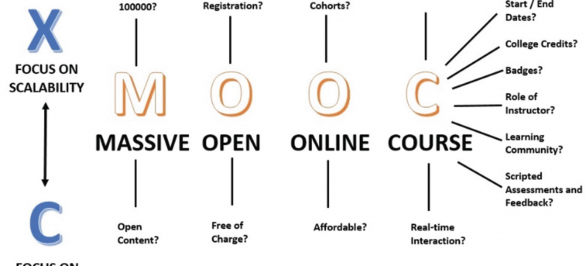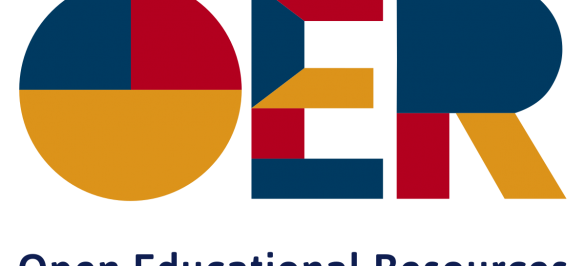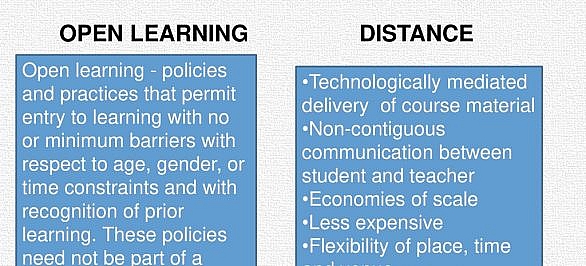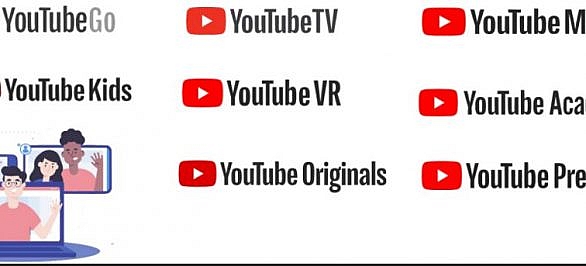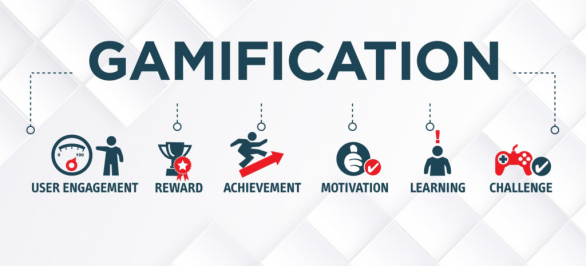Online assessment or examination is central to distance education. It is one of the hot topics to be discussed by field experts as many get confused about how to evaluate and assess students’ performance in distance education programs. Institutions were thinking about innovative ways to prevent cheating as students are not physically in a classroom, which is easy to handle. Students naturally could manipulate the examination event due to being far away from the instructor and getting access to multiple
…Blog Posts
Most prestigious universities across the world do not have distance education systems. They are partners with distance education centers as well as publishing houses and computer giants such as Microsoft. The notion of credentialing arises as a problem here. Who will provide the verified diploma? Google, for example, has great technology to provide instruction with well-known designers and academicians. The diploma issue still remains an unanswered question.
Some universities are resisting MOOCs since the administrators could cooperate with distance
…The majority of the countries have some sort of distance education system. It is important to understand the dynamics behind this trend. First, it is foremost essential for governments to expand access to public services such as education. In this regard, distance education provides feasible solutions to particularly overcrowded and poor countries due to their huge populations. They might not afford to propose suitable and efficient public services to millions of residents. It is a challenge for them to hire
…Massive Open Online Courses (MOOCs) have lately gained a lot of interest from the media, entrepreneurs, educators, and members of the technologically savvy public. The promise of MOOCs is that they would give open access to cutting-edge courses, possibly lowering the cost of a university degree. This is somewhat contradictory to the conventional higher education system. This has also promoted prestigious universities to make their courses available online thru platforms such as EDx or Coursera.
Along with famous institutions, new
…Open educational resources (OER) are defined as “learning, teaching and research materials in any format and medium that reside in the public domain or are under the copyright that has been released under an open license that permits no-cost access, re-use, re-purpose, adaptation and redistribution by others” (UNESCO, 2020, p.176). They are shared, modified, and freely accessible thru learning networks. They are served in the public domain, permitting reuse, adaptation, and redistribution with an open license. UNESCO supports the
…Although the terms open learning, distance learning, correspondence learning, or online learning has been used interchangeably, they do not mean the same process of learning. While distance learning or distance education as the delivery mode of instruction refers to a learning environment in which teachers and students are physically distant and interaction occurs via technological affordances, open learning refers to a learning process where potential barriers are removed in order to address the needs of the students by enabling available
…Many people do not know serious gaming and there is often confusion about the term. We have to admit, it sounds like an oxymoron. The words, serious and games, seem to be contradicting each other. Can games be serious, and does that mean that they’re not fun at all?
Well, serious games can definitely be fun, but the most important thing that sets them apart from entertainment games is their educational purpose. Serious game developers intend to teach their players something. The purpose of the game is thus different from pure entertainment
…The use of online social networks in education can remodel and enhance teaching and learning; one such network is the video‐sharing site YouTube. Members of the next generation, those who grew up in an environment enriched by information technology, have been termed “digital natives”. This “Net” or “Millennial” generation has aptitudes, attitudes, expectations, and learning styles reflective of the environment in which they were raised.
YouTube is a video‐sharing website on which users can upload,
…Gamification has gained significant attention especially in educational contexts. The trend of integrating gamification into education is increasing due to the advancements in technology which allows more digital learning environment. According to a report entitled Global Education Gamification Market 2016-2020, the gamification of education in the year 2015 was found $93 million. However, this figure is expected to reach about $1.2 billion by 2020.
Simply put, gamification is not about a game, but about the
…


